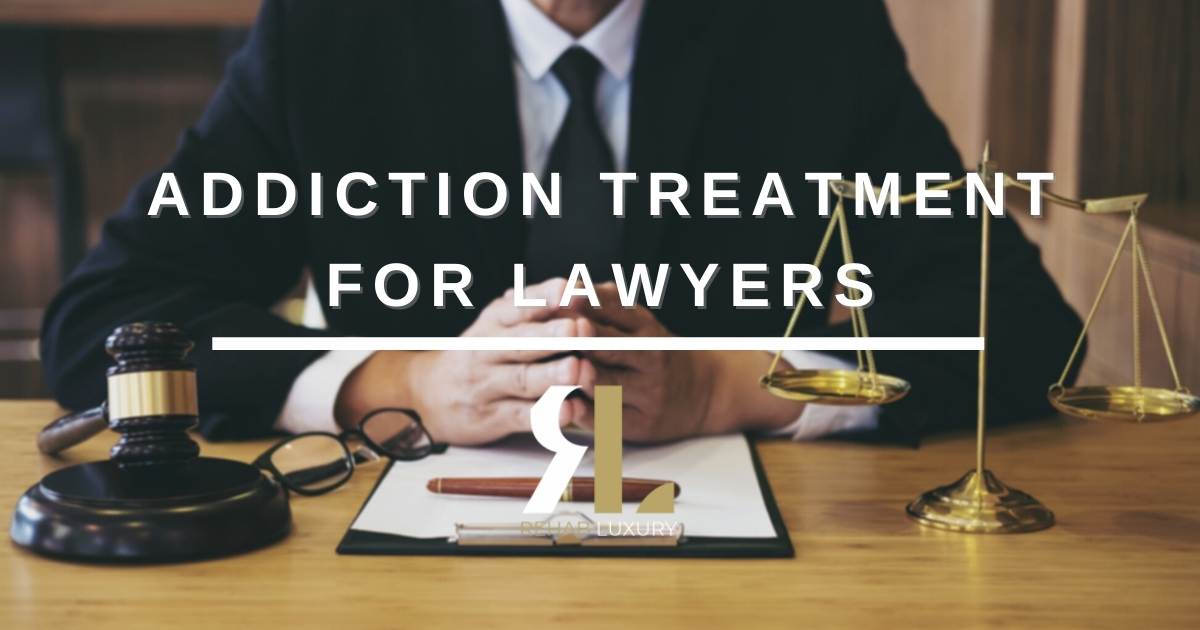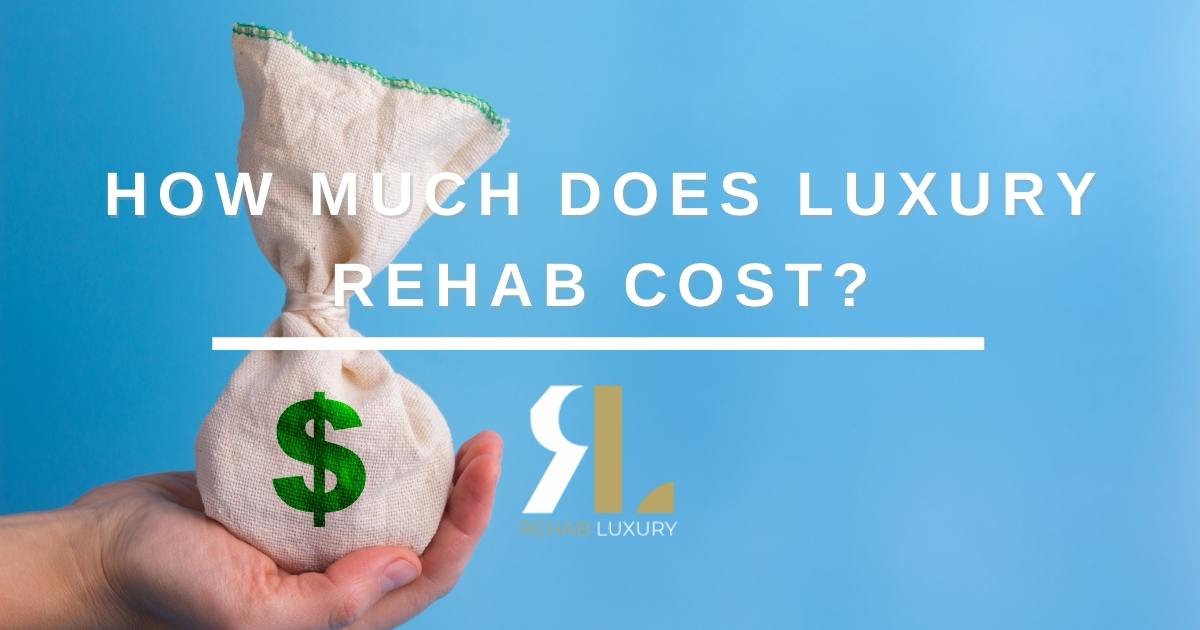Heroin came about in 1898. It was originally used as a treatment for respiratory diseases and proved to be more effective than both codeine and opium.
The results were astounding, and soon doctors began to view heroin as a wonder drug of sorts.
By 1910, people had started to succumb to the addictive qualities of this drug. The trend took off, and by 1931, most countries had imposed restrictions on the production and use of heroin.
Table of Contents
What is Heroin?
Heroin has its origins in morphine, which is a natural substance extracted from the seed pods of opium poppies. These plants are commonly grown in Southwest and Southeast Asia, Columbia, and Mexico.
It’s also called horse, hell dust, smack, and big H. Heroin’s available as a black sticky substance called black tar heroin, or in the form of a brown or white powder.
Since heroin production’s illegal and thus unregulated, it often contains dangerous additives like starch, powdered milk, or sugar. These can clog the blood vessels to major organs and cause permanent damage.
Why Do People Take Heroin?
People usually sniff, snort, inject, or smoke heroin. Sometimes they speedball it, which involves mixing it with crack cocaine.
Heroin takes effect rapidly. It binds to the opioid receptors scattered around the brain, particularly those involved in controlling heart rate, sleeping, breathing, pain, and pleasure.
It quickly creates a ‘rush’ of euphoria and a high that can last for up to five hours. During this time, users generally experience the following emotions:
- Reduced anxiety
- Contentment
- Lowered tension
- Apathy
- Drowsiness
At first, the effect of heroin seems harmless, apart from occasional bouts of dizziness or drowsiness. You don’t get a hangover or feeling of depression as the effects wear off.
Therein lies the danger. It’s easy for people to get hooked on these enjoyable feelings which seem to have no unpleasant consequences.
The more you use heroin, the more tolerant your body becomes. So, you’ll need to take more each time to get the desired effect. As the dosage increases, people lose their natural ability to create dopamine, the neurotransmitter that’s responsible for these feelings of well-being.
At that point, you start to need heroin to experience positive feelings. The long term side effects of using heroin include insomnia, infection of the heart valves and lining, abscesses, liver and kidney disease, and more
As you start to use heroin more frequently in larger quantities, you run the risk of overdosing on this drug.
Heroin Overdose Symptoms
Overdosing on heroin can be fatal and requires urgent medical attention. These are the symptoms of heroin overdose:
- Constipation
- Dry mouth
- Bluish lips
- Tongue discoloration
- Shallow breathing
- Contracted pupils
- Slow pulse
- Loss of consciousness
- Coma
Sometimes an overdose is completely unexpected. Some people can overdose during their first experience with this drug, others use it all their life without overdosing.
The Heroin Abuse Problem
It’s clear that heroin is an extremely dangerous drug with enormous potential for misuse. The following statistics drive this home:
- In the last decade, heroin use among people aged 18 to 25 has doubled
- During 2018, almost 15,000 people died of heroin overdoses
- Almost 5 million people admit to having used heroin at least once
According to the National Institute on Drug Abuse, as many as 1 in 4 people become addicted to heroin after trying it just once. Since heroin’s an opioid, many heroin users admit to abusing other drugs in this classification such as painkillers.
Getting Help for Heroin Addiction
The outlook for a heroin addict’s pretty bleak. Usually, their addiction spirals out of control and starts to have severe consequences.
They lose the ability to enjoy activities that they used to cherish. spend more money on buying heroin than they can afford, and their work suffers too.
Many heroin addicts end up dying from overdoses. A lucky few find recovery before their addiction gets this far. It’s dangerous to go ‘cold turkey’ when you’ve been taking any kind of drug for a long time.
In some cases, the withdrawal symptoms can be fatal. At best, severe withdrawals and cravings will cause you to relapse if you try to quit heroin on your own.
Heroin Withdrawal
When you stop taking heroin, your body reacts with a range of unpleasant symptoms while it detoxes from the chemicals you’ve been pumping into it. These include:
- Abdominal pain
- Agitation
- Shaking
- Sweating
- Nausea
- Nervousness
- Depression
- Muscle spasms
When you attend rehab, you’ll have all the medical assistance you need to help you cope with these unpleasant reactions. This makes it a lot easier to avoid taking heroin to escape from them.
These symptoms usually start from 6 to 12 hours after taking your last dose of heroin and can last for a number of days, peaking at about 4 days after you stop.
Once your body’s rid itself of the toxins associated with heroin misuse, the next phase of treatment commences.
Types of Heroin Treatment
Heroin addiction treatment varies according to the type of treatment center you attend. The most common addiction treatment therapies include:
- Individual Counseling
- Group Counseling
- Dialectal Behavioral Therapy
- Cognitive Behavioral Therapy
- Contingency Management
During your time in rehab, your hosts will encourage you to eat healthily and take an interest in exercise and constructive hobbies. You’ll also receive much-needed guidance on how to reintegrate into society once you leave the center.
Many addicts find the restrictive environment of inpatient rehab off-putting and feel more comfortable in a luxury rehab center that offers all the conveniences they’re accustomed to. These luxurious, welcoming settings feature things like sports facilities, Wi-Fi, spas, and swimming pools.
They also offer the security and privacy you need to start your recovery without outside interference.
Finding a Luxury Detox Facility
If you’re ready to escape from the clutches of heroin addiction, it’s time to reach out for the help you need before it’s too late. Speak to your doctor or an addiction counselor about how to go about finding a rehab center near you.
Alternatively, take a look at our range of exclusive luxury rehab centers or get in touch for assistance. We’d love to help get you started on your journey of recovery.







